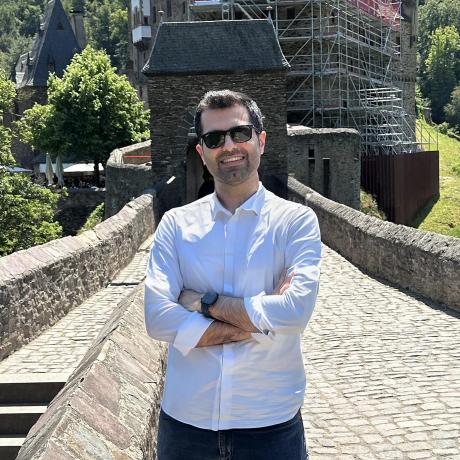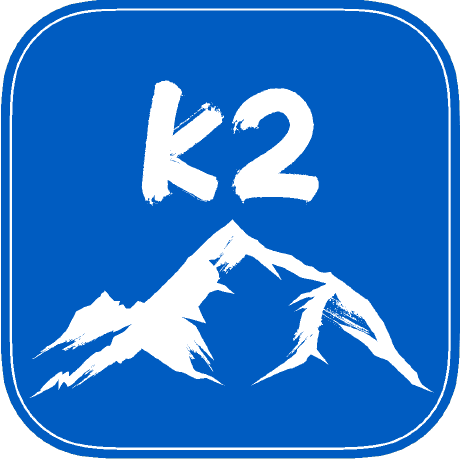Discover and explore top open-source AI tools and projects—updated daily.
mimic-recording-studio by  MycroftAI
MycroftAI
Docker app for recording voice samples to train a TTS voice with Mimic2
Top 61.4% on SourcePulse
Mimic Recording Studio is a Docker-based application designed for collecting voice samples to train custom Text-to-Speech (TTS) voices using Mycroft's Mimic 2 engine. It targets individuals or teams looking to create unique, high-quality synthetic voices, simplifying the data collection process.
How It Works
The application utilizes a Dockerized architecture, separating the frontend (React) and backend (Python/Flask) services. The backend handles audio processing, including automatic silence trimming via FFmpeg, and stores recordings and metadata in a SQLite database. The frontend provides a web interface for users to record, play back audio, and view basic metrics. This containerized approach ensures cross-platform compatibility and simplifies setup.
Quick Start & Requirements
- Install:
git clone https://github.com/MycroftAI/mimic-recording-studio.git && cd mimic-recording-studio && docker-compose up - Prerequisites: Docker, Docker Compose. Python 3.5+ and FFmpeg are required for manual backend setup. Node.js and npm/yarn for frontend setup.
- Setup: Initial
docker-compose upmay take time to build containers. - Docs: Quick Start, Backend Functions, Frontend Functions
Highlighted Details
- Supports custom corpora in CSV format for training in multiple languages.
- Backend automatically trims silence from WAV recordings using FFmpeg.
- SQLite database stores recording metadata, allowing for advanced querying of data.
- Recommendations provided for optimal recording environments and techniques to ensure voice quality.
Maintenance & Community
Support is available via the Mycroft Forum and Mycroft Chat. Contributions via Pull Requests are welcomed.
Licensing & Compatibility
The project is licensed under the Apache License 2.0. Voice recordings donated to Mycroft must be licensed under the Creative Commons CC0 Public Domain license for use in TTS applications.
Limitations & Caveats
Creating a high-quality voice requires a significant effort, estimated at 15,000-20,000 phrases. The project notes that using a new corpus requires resetting the SQLite database.
2 years ago
Inactive

 NavodPeiris
NavodPeiris davidmartinrius
davidmartinrius FanaHOVA
FanaHOVA Nikorasu
Nikorasu SergeyShk
SergeyShk misbahsy
misbahsy isaiahbjork
isaiahbjork Spr-Aachen
Spr-Aachen kaixxx
kaixxx MoonshotAI
MoonshotAI ahmetoner
ahmetoner k2-fsa
k2-fsa